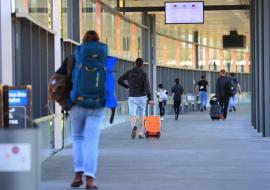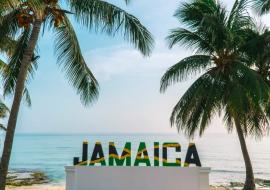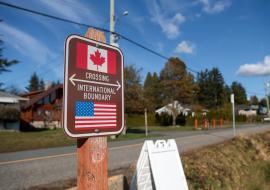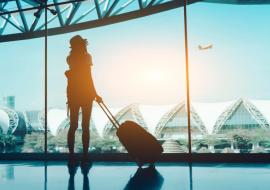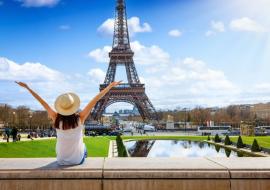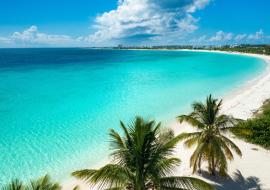Jamaica’s Tourism Minister Warns Trade Wars Can Threaten Global Travel Recovery
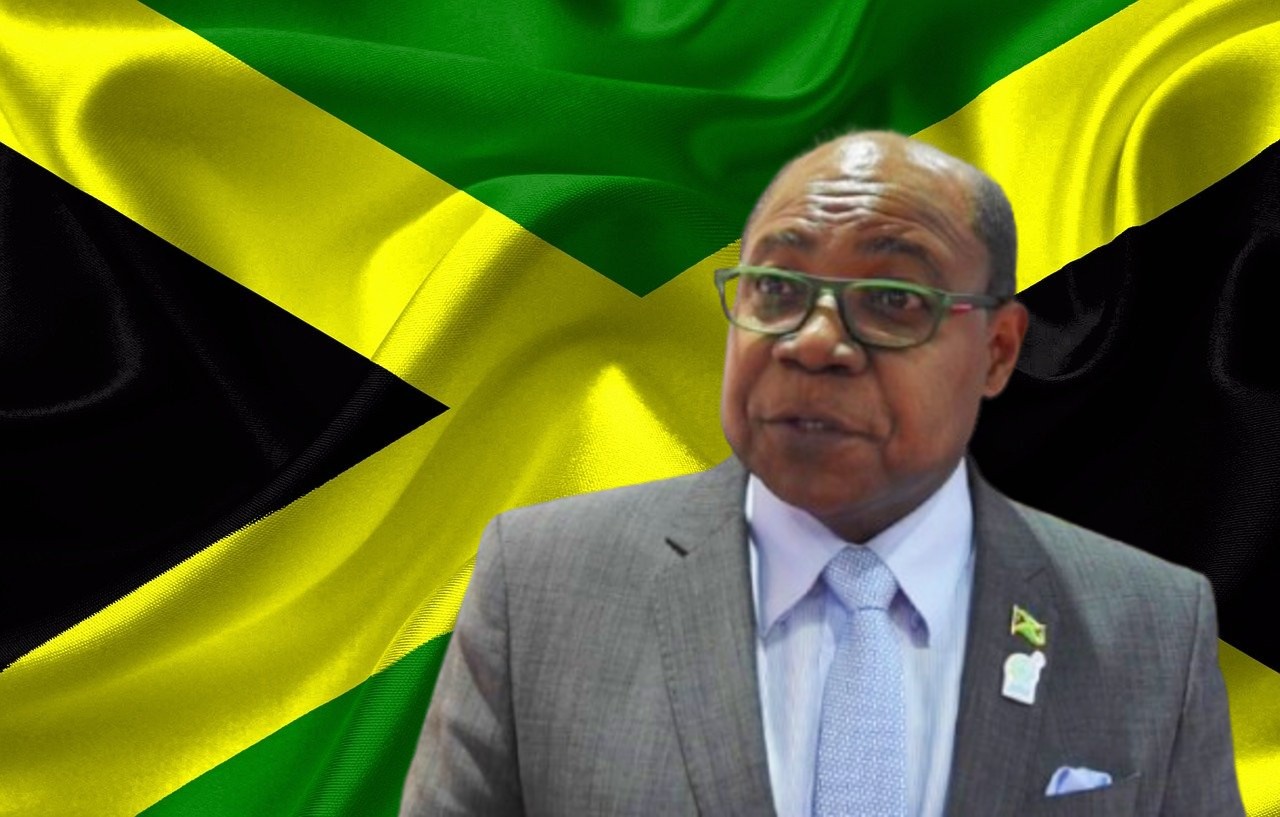
Jamaica’s Tourism Minister Edmund Bartlett has raised concerns about the ripple effects of escalating tariffs and trade conflicts, warning they could significantly harm tourism worldwide, including in the United States. During a speech at The Kimberly Hotel in New York, he stressed that the sector may feel the pressure of these tensions even before broader economic consequences are visible.
Bartlett noted that tourism relies on the free flow of goods and people, making it especially vulnerable to trade disruptions. While tariffs are designed to target merchandise, their reach inevitably affects travel. He predicted that U.S. destinations such as Arizona and New York City, which benefit greatly from Canadian tourism, could be among the first to experience the fallout, even if the effects are delayed due to pre-booked travel plans.
He also warned that trade wars do more than shrink visitor numbers—they erode the international goodwill and cultural exchange that tourism fosters. Countries like the U.S., with high volumes of outbound travelers, risk losing the soft power influence that comes from global engagement. The psychological impact, he said, could deter not only business but also leisure travel.
Despite the concerns, Bartlett pointed to the tourism industry’s resilience in the face of past disruptions. From natural disasters to geopolitical shifts, tourism has repeatedly adapted and grown stronger. With tourism now representing 11% of global GDP and employing 10% of the world’s workforce, he believes the industry is better equipped than ever to manage uncertainty and recover quickly.
Looking forward, Bartlett remains confident in Jamaica’s tourism growth, especially from its primary market, the United States. The country has bounced back strongly, seeing international arrivals climb from just under 3 million before the pandemic to 4.3 million last year. To sustain this momentum, he emphasized the need to evolve alongside shifting global realities and keep Jamaica attractive to a changing American traveler.







